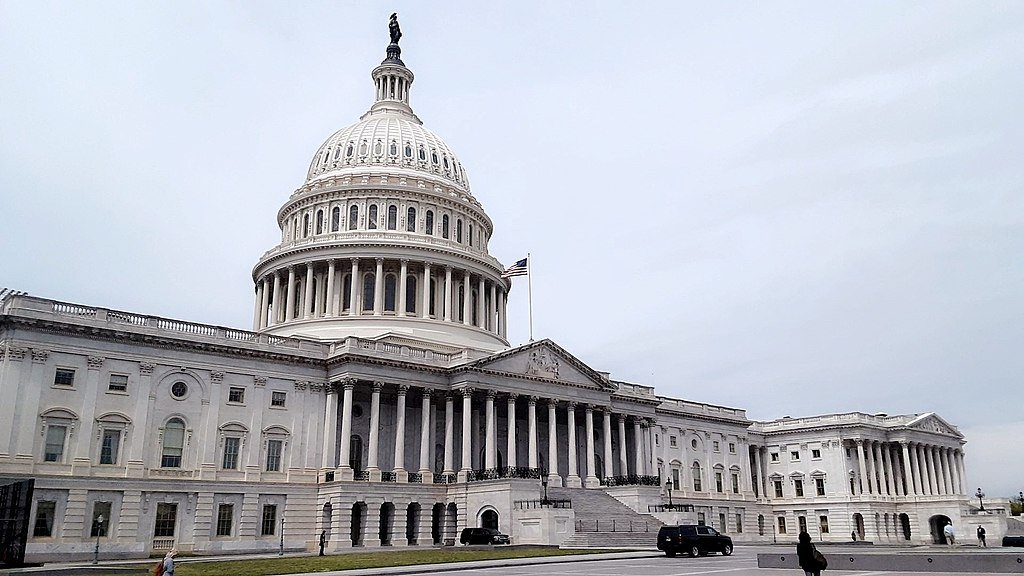Why We’re Tracking All the Proposals to Reform Section 230

Published by The Lawfare Institute
in Cooperation With

When it comes to technology policy, Section 230 is everyone’s favorite law to hate. Once obscure, the statute has rocketed to prominence in recent years, with politicians on both sides of the aisle clamoring for revisions to the law as an ostensible means of reining in social media platforms.
Passed in 1996 as part of the Communications Decency Act, Section 230 protects platforms from liability for third-party content. The statute is often described colloquially as a protection for social media companies, but it protects any online host—including, say, companies like the New York Times when they host user comments, or even individual bloggers who allow other users to comment on their pages. (There are exceptions: The statute provides no immunity from federal criminal law, or for a loosely defined category of content related to sex trafficking.) Over the past 30 years, that protection has proved central to the development of the internet as we know it, allowing websites to grow and develop their own practices for moderating content without needing to worry about the potentially ruinous costs of litigation.
But following the “techlash” that arrived after the 2016 election, Democrats began arguing that the statute should be reformed to encourage platforms to remove more hateful or unsavory content, while Republicans took the view that Section 230 should be tweaked to push platforms to leave more content up. (Whether or not their proposals would actually accomplish these goals is a different question.) Indeed, there have been so many proposals for reform of Section 230 that it can be difficult to keep track.
That’s where we come in. In 2020, the University of North Carolina’s Center on Technology Policy (which Perault directs) began keeping track of all the proposals for reform of Section 230 in partnership with Slate’s Future Tense project. In 2022, Lawfare joined the team as well. And now, we’re excited to announce that we’ll be hosting the Section 230 tracker on Lawfare, in a continued collaboration between Lawfare and the Center on Technology Policy.
Our goal is to provide a single place where readers can keep track of legislation that has been formally introduced in Congress to reform Section 230—and, hopefully, gain some insight into the wide range of proposals that lawmakers have placed on the table at one time or another. Our tracker includes a brief synopsis of each proposal and categorizes the type of reform proposed.
You’ll be able to find the tracker here and under “Resources” in the top menu bar on our home page. Our team will be keeping it updated as new legislation is introduced.


